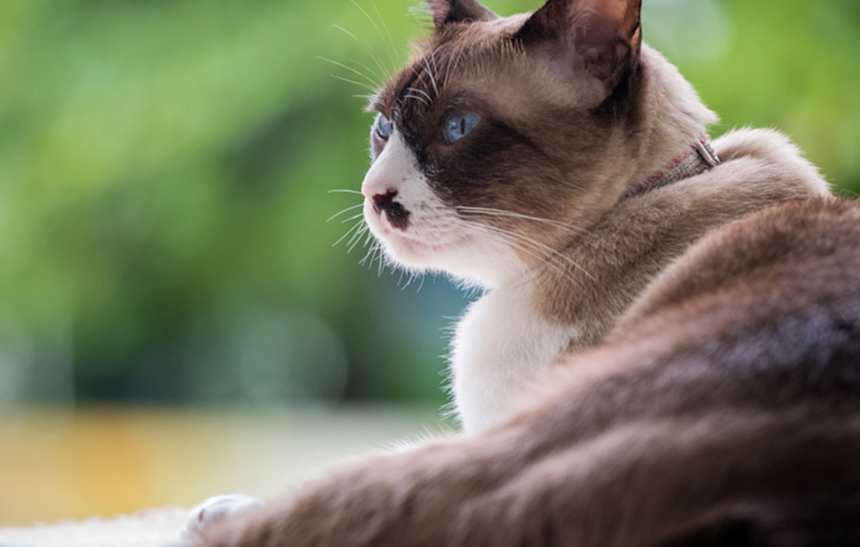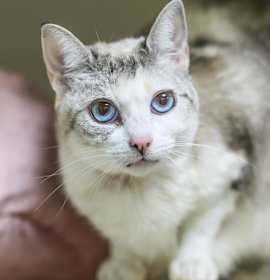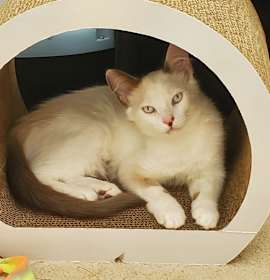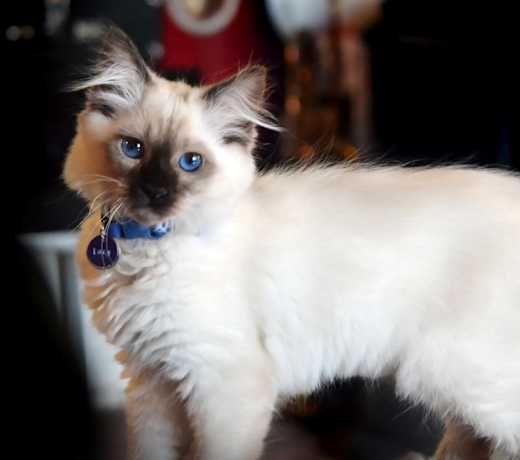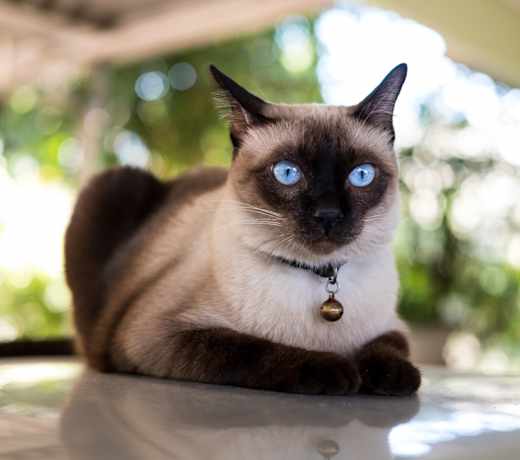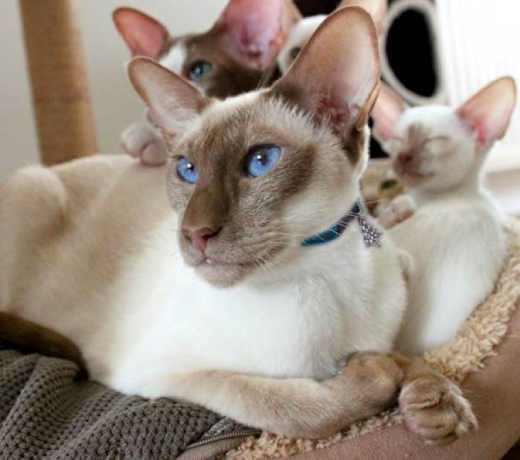Yes, Snowshoe cats tend to make good indoor cats due to their friendly, sociable, and affectionate nature. They thrive on human interaction and enjoy being part of family life, making them well-suited to indoor living where they can receive plenty of attention.
However, enrichment and exercise are crucial to keep a Snowshoe cat happy and healthy indoors. These cats are playful and active, so they need plenty of stimulation. Interactive toys, climbing trees, and puzzle feeders can help keep them engaged. Daily play sessions with their human companions are also important for both physical and mental exercise.
If you’d like to let your Snowshoe cat explore the outdoors safely, consider a secure outdoor enclosure or ”catio,” which allows them to enjoy the sights and sounds of the outside world without the risks. Leash training is another great way to give outdoor enrichment. Using a harness and leash, you can take your Snowshoe cat for supervised walks, letting them explore safely.
